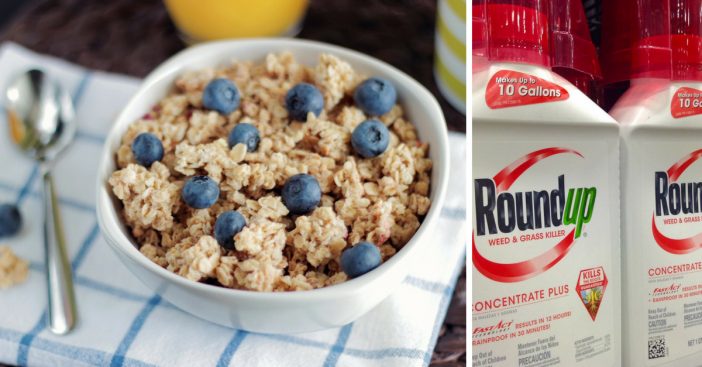
In addition to all of the recalls happening lately, it was recently revealed that traces of a common weed killer, Roundup, were found in many oat-based foods, especially cereals. The Environmental Working Group or EWG found that several popular oat kinds of cereal, oatmeal, granola and snack bars contained poison used in Roundup.
The poison in question is called glyphosate, an herbicide that has been linked to cancer. It was detected in 43 out of 45 samples of products that contain conventionally grown oats. Some organically grown oats were in question as well.

Some of the brands with products that drew concern are Quaker, KIND, Nature Valley, Market Pantry, and Kellogg’s. Read the full list of products here. If you have any kind of oat products in your pantry right now, please check to see if it is on this list.
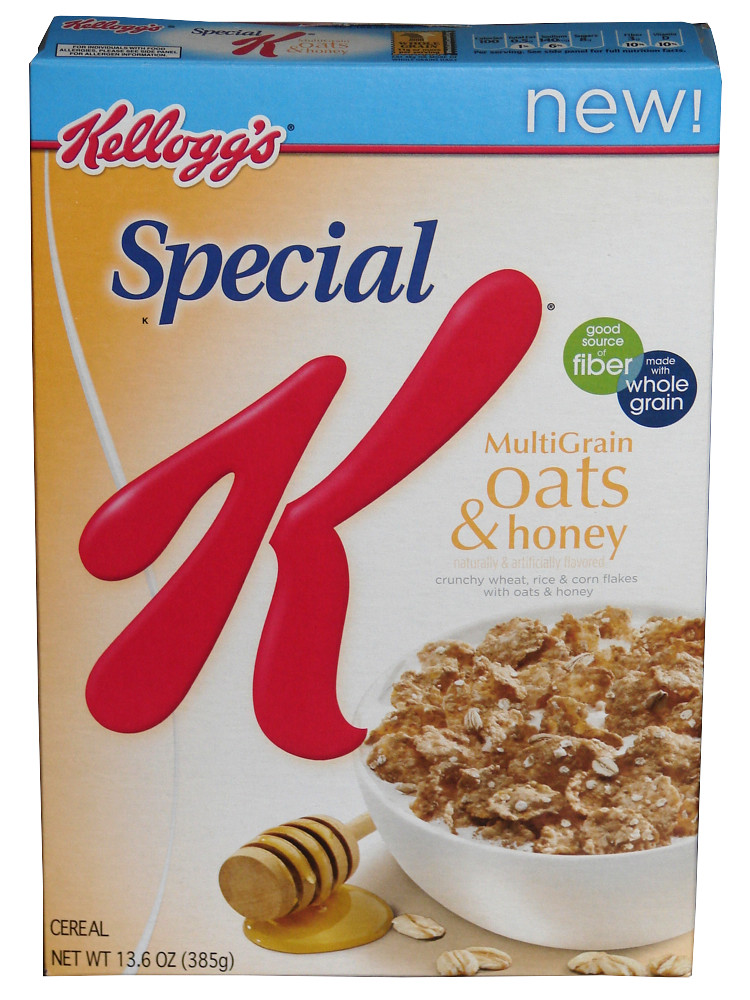
The levels of the herbicide were higher than what scientists consider safe for children to consume. The highest level of glyphosate detected in any of these products was 1,000 ppb in Quaker Old-Fashioned Oats. The level considered safe is anything under 160 ppb.
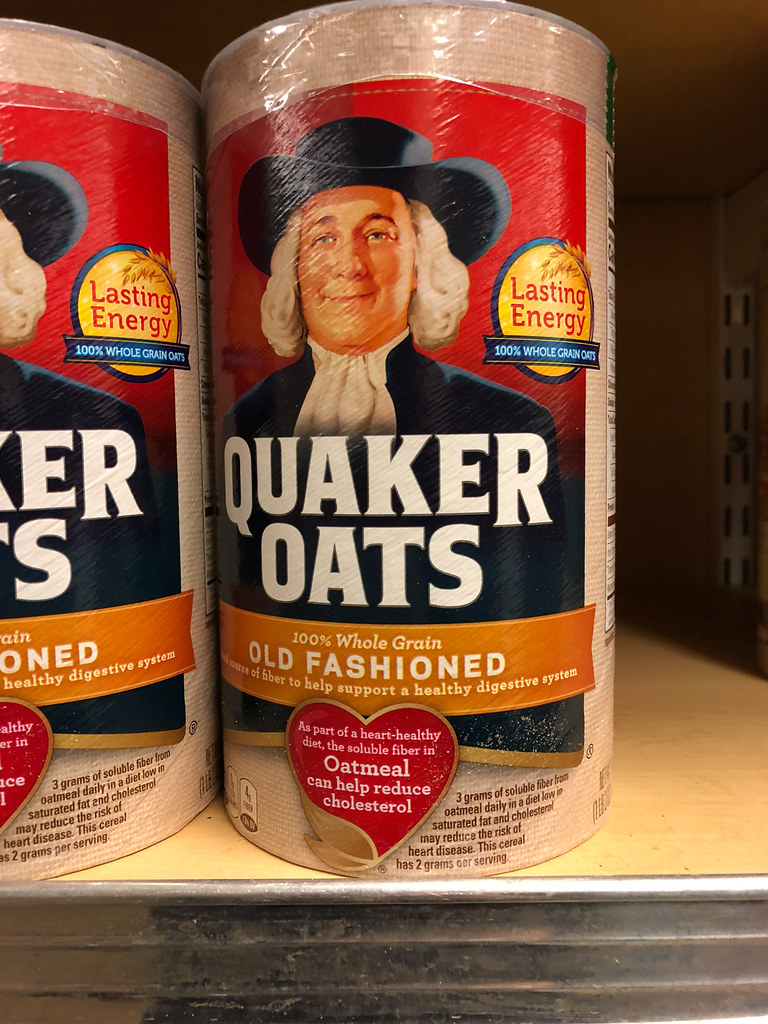
If you eat any of these oat-based products daily, you could be at risk for developing cancer. Scientists say that consuming even .01 milligrams of glyphosate per day will put you at risk for developing cancer. After this report, Quaker and General Mills released statements that went against the findings.
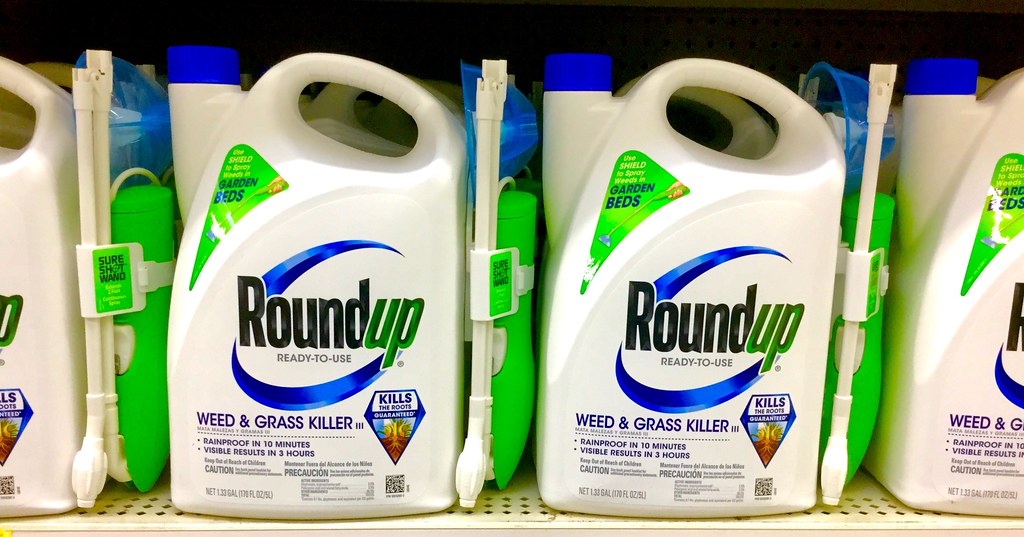
Quaker said: “We proudly stand by the safety and quality of our Quaker products. Any levels of glyphosate that may remain are significantly below any limits of the safety standards set by the EPA and the European Commission as safe for human consumption.”
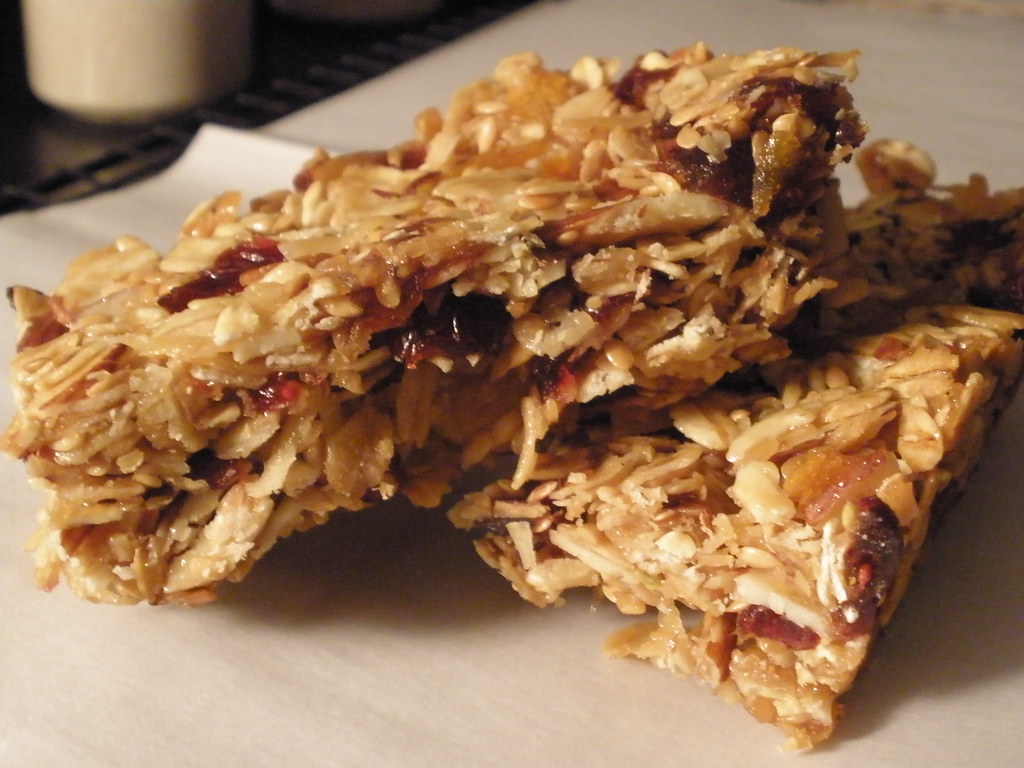
General Mills told CBS News: “Our products are safe and without question, they meet regulatory safety levels. The EPA has researched this issue and has set rules that we follow.”
What do you think about this? Do you believe the EWG or these cereal companies? Will you stop eating these oat-based products?
Please SHARE with your friends, especially if they eat oatmeal, cereal or granola bars regularly! They should know the risk and check the findings on their own.
